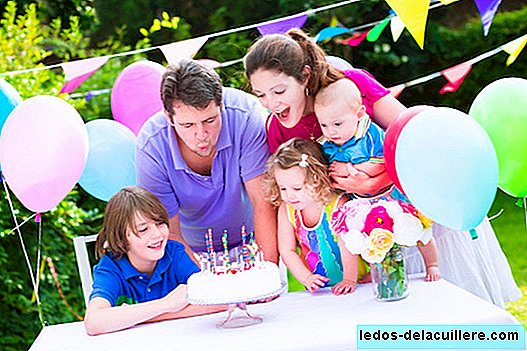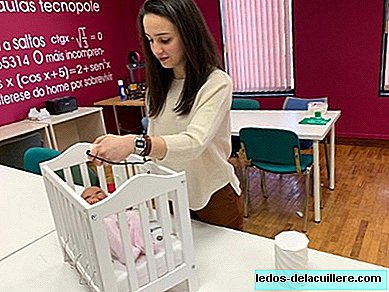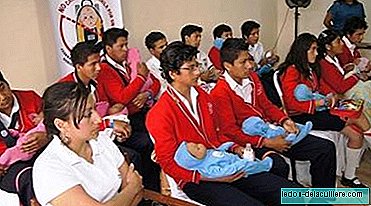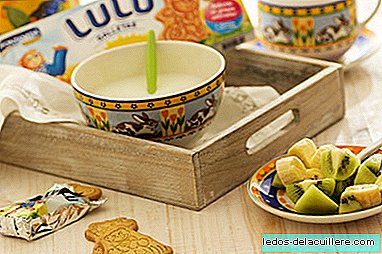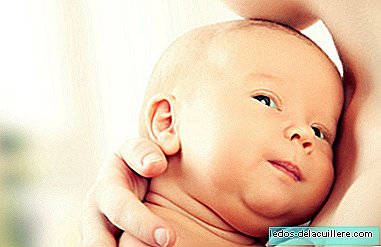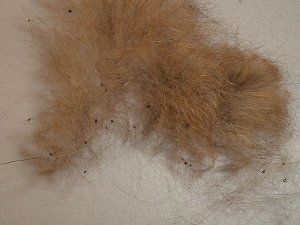
I have heard about the Placentophagy in humans. I know women who after giving birth have had a milkshake with a piece of their placenta. The hypothesis, in a matter of benefits, says that the placenta contains stem cells, iron, vitamins, oxytocin, cytokines and corticotropin-releasing hormone and that all this helps the mother recover reducing the risk of anemia, promotes milk production and reduces stress levels, among other things.
A few days ago I met the existence of Independent Placenta Encapsulation Network (IPEN), a company that is dedicated to transform women's placenta into capsules or various essences so they can take it in an easier way. Now we talk a little more about placentophagy, but for you to think about the answer, I ask you the question: Would you do it?
IPEN in court
This is how I learned about the existence of this company, because I received news that a company that sold products derived from human placenta was defending its practices in court. Apparently, the judge did not think that the placenta traveled and came to IPEN in doubtful conditions and, when in doubt, preferred that in cases where the surveillance of the cold chain was not ensured, the practice would not lead to cape.
The company consists of several people who are dedicated to the preparation of products to sell in different countries. Some of them seem to be able to show that the placenta has not been in adverse conditions, but others may have more problems with it. At the moment when the process is adequate, they can continue to do so, because in the trial the efficacy or not of the remedies has not been assessed.
I want to clarify, in case there is any doubt, that the preparations are for the same woman who brings them the placenta. That is, a woman gives birth, keeps her placenta cold, sends it to IPEN, which transforms it into the product chosen by the mother and, once created, is given back to the client, but in a preparation suitable to consume it day by day.
Eat the placenta, yes or no?
Well here are opinions for everyone. A few years ago, Sergio Sánchez Suárez, a doctor and Master in Nutrition from the University of Las Palmas de Gran Canaria, said that eating the placenta was one of the best things a woman could do after giving birth, for all the benefits it entails .
A few weeks ago, Julio Basulto, Diploma in Human Nutrition and Dietetics, commented otherwise, the sensible thing of not eating it, since the placenta is an organ that acts as a filter for the baby and, as such, is very likely to be loaded with toxins and harmful substances.

The benefits hypothesis are, for the moment, that, hypothesis. Many women have eaten placenta, many have taken it in capsules and many have assured that it has been phenomenal. The question is, wouldn't they have gone great without her? Well, probably yes, or maybe not. It is not known.
To know it, it is necessary to do a well-done investigation in which two groups of women, recent mothers, make a group their own placenta and the other group an identical presentation, without placenta, without them knowing what they are taking. Then the results are studied and compared. That way you can know if the placenta is of any use or if the benefits are only due to the suggestion, of the belief that with these pills or that preparation everything will be phenomenal.
So I personally I lean more towards the position of "not eating placenta". Not until there is evidence that it is useful for something and certainty that it is not a relatively dangerous practice.
But animals eat their placenta
It is often argued, in favor of placentophagy in humans, that mammalian animals eat their placenta. It is true, many do and I do not deny that it could be a practice that brings certain benefits, but it is also true that wild animals have to leave, as far as possible, the smallest possible clues. It is safer for the mother and the young to eat the placenta Let her leave where she has given birth.
On the other hand, mammals are not always a good example for humans. Many times there are very rare things and we will not always want to imitate or use them as a mirror. Without going any further, infanticide is a very common practice even in our "cousins" chimpanzees. So I don't know if the fact that animals eat placenta serves as an argument in favor of humans doing it too.
What is your opinion?
It is possible that some of our readers have taken placenta, in a shake or in capsules, or it is possible that some have been studying it and finally have not done so. If you want to leave your opinion about it, we will surely learn about the reasons for making one or the other decision. So, if you dare, you can answer the question: Would you do it?


